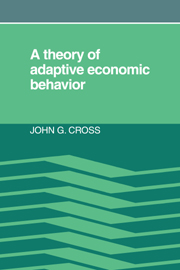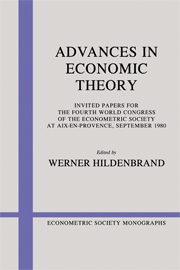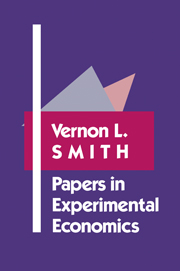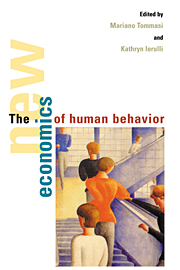A Theory of Adaptive Economic Behavior
This book develops dynamic economic models using the perspective and analytic framework provided by psychological learning theory. This framework is used to resolve apparent contradictions between optimization theory, which lies at the heart of all modern economic theory, and day-to-day evidence that short-run economic behaviour cannot reasonably be described solely as the outcome of efficiently implemented self-interest. The author applies this viewpoint to a number of problem areas in which literal applications of maximization theory have not usually proved to be satisfactory. These include analyses of decision-making under uncertainty and gambling behaviour, the role of consumer-oriented advertising in influencing behaviour, the persistence of price dispersions in markets, and inflation.
Product details
June 2008Paperback
9780521067119
208 pages
225 × 150 × 12 mm
0.31kg
Available
Table of Contents
- 1. Introduction
- 2. Models of convergence
- 3. Behavior in the short run
- 4. Uncertainty
- 5. An application to state lottery games
- 6. An application to the problem of search behavior
- 7. Inflationary disequilibrium
- 8. Advertising and imitation
- 9. An application to migration
- 10. Conclusions.






